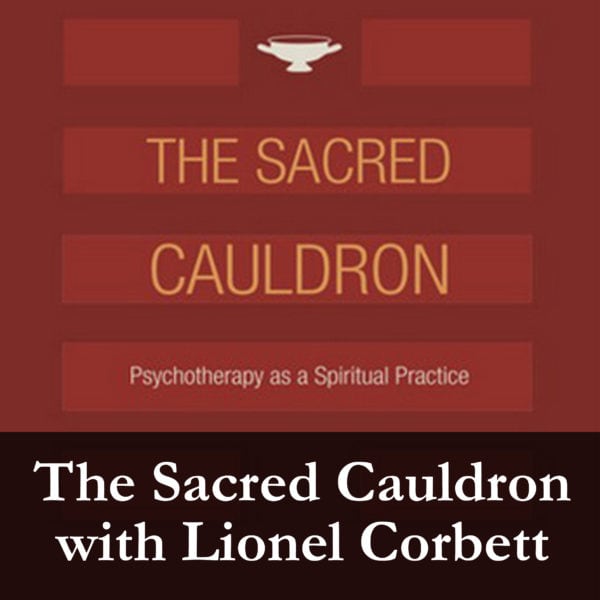In this talk Dr. Corbett will discuss two of Jung’s major approaches to suffering and healing. Jung stressed the importance of numinous experience and the value of discovering meaning when one is suffering. In an important letter of August, 1945, Jung wrote that the main interest of his work was not the treatment of neurosis but rather with the approach to the numinous, which he considered to be the real therapy. We will then go over descriptions of several types of numinous experience and the ways in which they are relevant to the subject’s psychological state. We will then move to discuss Jung’s belief that the discovery of meaning makes suffering bearable that would otherwise be intolerable. He believed that the soul suffers when it stagnates spiritually, and the psychotherapist has to find “the meaning that quickens.” For Jung, suffering has something to tell us; symptoms have purpose, and without the suffering produced by an emotional or existential difficulty, we would not discover something important about ourselves.



